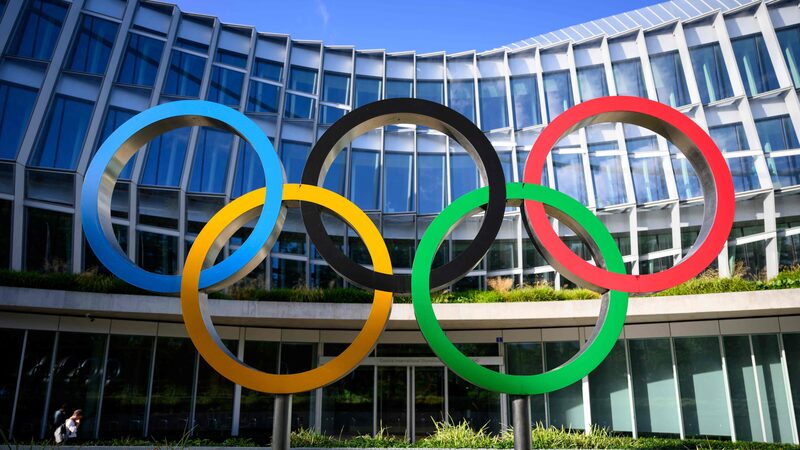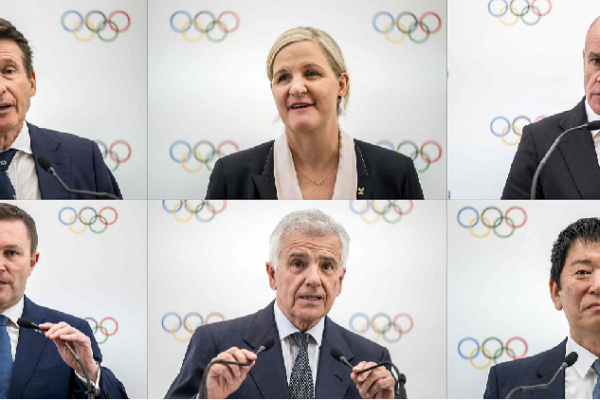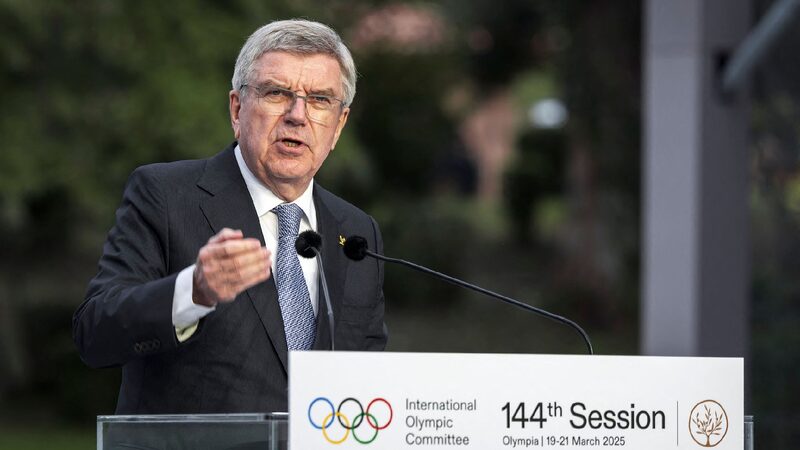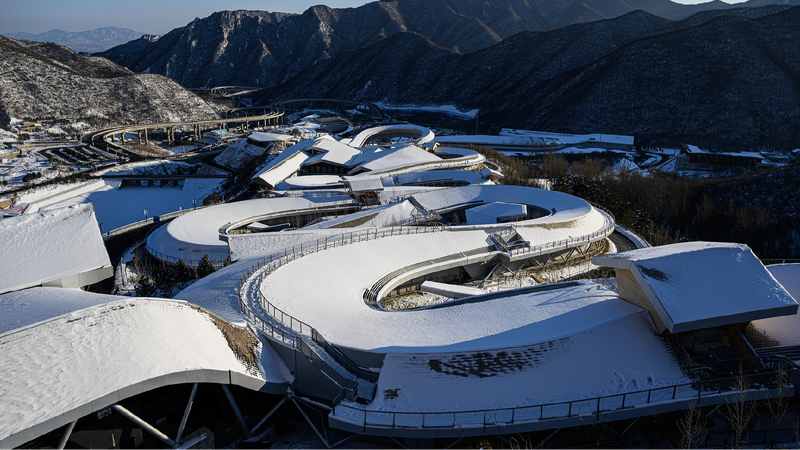Seven contenders have stepped into the spotlight, each presenting their unique vision for the future of the International Olympic Committee (IOC). On Thursday, these candidates gathered at the Olympic House, sharing their plans and aspirations ahead of the upcoming presidential election in Greece this March.
The order of presentations, determined by a draw in November, saw Prince Feisal Al Hussein of Jordan kick off the session. He was followed by David Lappartient, president of the Union Cycliste Internationale (UCI) and the French National Olympic and Sports Committee; Johan Eliasch, president of the International Ski and Snowboard Federation (FIS); IOC Vice-President Juan Antonio Samaranch Jr.; Zimbabwe’s Olympic swimming champion and sports minister Kirsty Coventry; World Athletics President Sebastian Coe; and Morinari Watanabe, president of the International Gymnastics Federation (FIG).
Each candidate delivered a 15-minute presentation to the IOC members in a closed-door meeting. Later, they engaged with selected media in a Q&A session—the first face-to-face media interaction at the IOC headquarters since the outbreak of COVID-19. Topics ranged from athlete welfare and gender equality to climate change, anti-doping measures, and the integration of new broadcasting technologies.
Prince Feisal Al Hussein, 61, centered his presentation on three strategic pillars: inspiring imagination, ensuring integrity, and fostering inclusion. “We must envision a future that captivates the world’s youth and upholds the highest standards of integrity,” he emphasized.
David Lappartient, 51, highlighted the challenges the IOC faces, including global instability, climate change, and the rapid pace of digitalization. “It’s crucial that we adapt and innovate to keep the Olympic spirit alive in these changing times,” he stated.
Johan Eliasch, 62, focused on the financial aspects, proposing new sponsorship models and suggesting a rotation scheme for future Olympic venues. “Sustainability and financial prudence should guide our decisions,” Eliasch remarked.
Juan Antonio Samaranch Jr., 65, son of the former IOC president, underlined the importance of media relations. “The media are not our enemies but our allies,” he said, advocating for greater transparency and collaboration.
As the youngest candidate and the only woman and African in the race, Kirsty Coventry, 41, shared her personal journey from athlete to sports minister. “I aspire to be the best candidate not just because of my gender or where I come from, but because of my vision for the Olympic movement,” she expressed.
Sebastian Coe, 68, addressed concerns about his age, given the IOC’s age limit for members. “Staying connected with younger generations has always been at the heart of my work,” he affirmed, outlining plans to engage youth globally.
Morinari Watanabe, 65, brought forward innovative ideas, including staging the Olympic Games simultaneously across five continents and reducing the financial burden of hosting. “We need to reimagine how the Games can unite the world in new and exciting ways,” he proposed.
The new president, set to be elected at the 144th IOC Session in Greece from March 18 to 21, will succeed Thomas Bach, who has served the maximum 12-year term since his election in 2013. The decision will shape the direction of the Olympic movement for years to come, as the IOC navigates a rapidly evolving global landscape.
Reference(s):
cgtn.com







